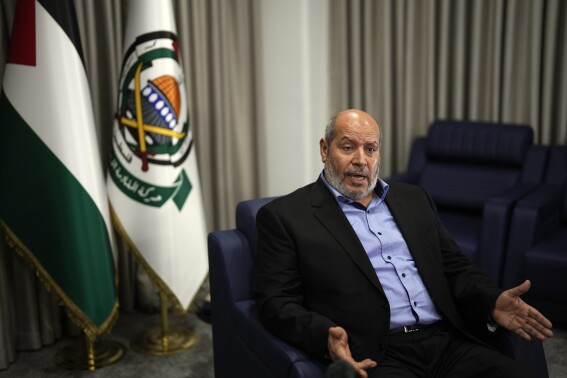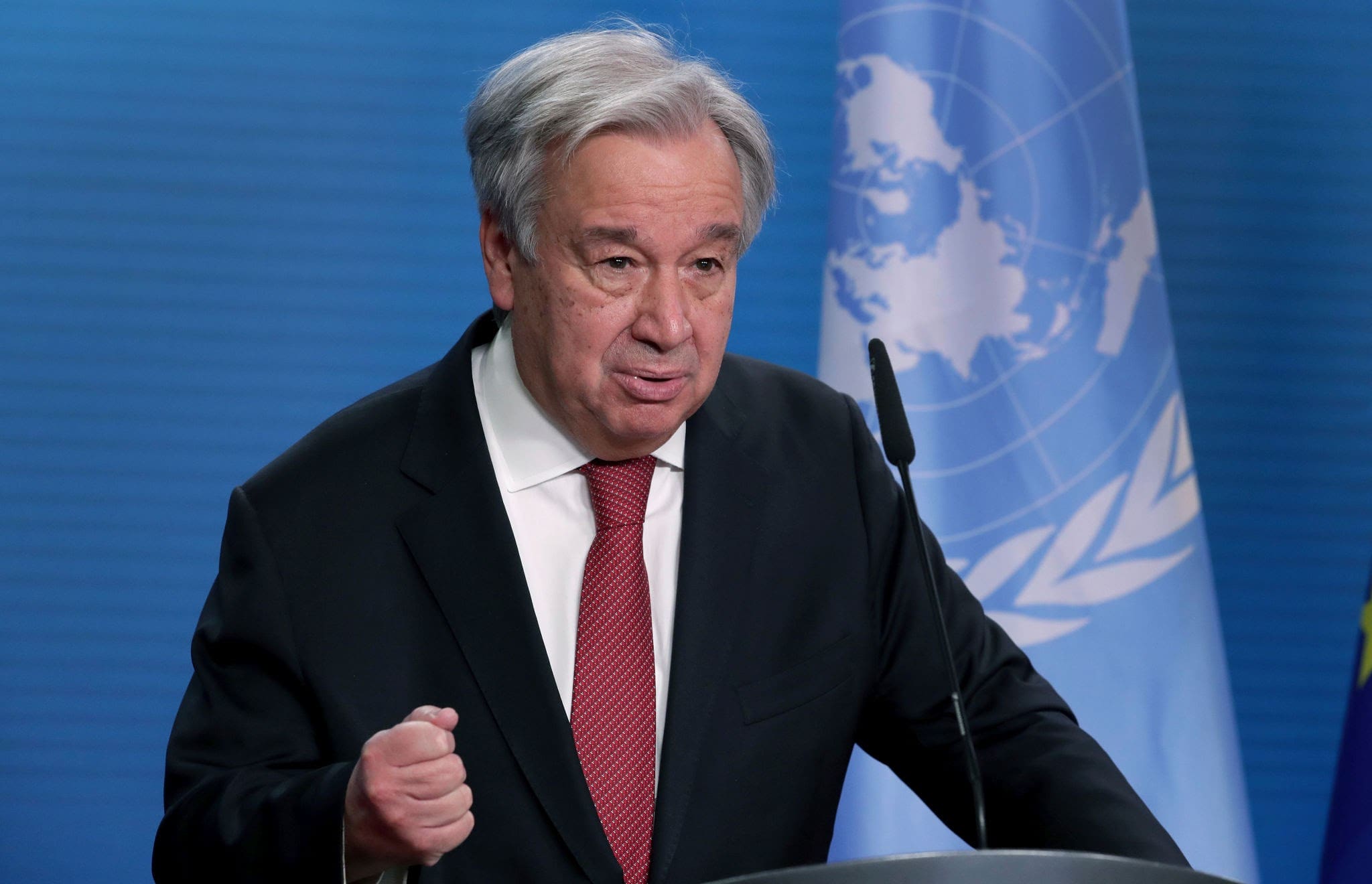Throughout history, the quest for self-determination has been a defining feature of marginalized communities striving to reclaim their autonomy, culture, and dignity in the face of systemic oppression. Among the many movements that embody this universal struggle, Zionism and Pan-Africanism stand out as powerful examples of how deeply rooted histories of persecution can inspire collective action and a vision for a better future. While originating from different contexts—Zionism as a response to anti-Semitism and statelessness, and Pan-Africanism as a reaction to slavery, colonialism, and racial exploitation—both movements share the essential goal of empowering their people to reclaim their rightful place in the world.
These movements not only highlight the resilience of oppressed groups but also offer profound lessons in leadership, cultural revival, and the pursuit of justice. Examining the intersections between Zionism and Pan-Africanism reveals a shared commitment to identity, pride, and the aspiration for a homeland, while also illustrating the unique paths they have taken in addressing the challenges of systemic marginalization. By comparing their origins, strategies, and outcomes, we gain deeper insights into the broader struggle for self-determination and the enduring strength of the human spirit.
Zionism vs. Pan-Africanism
The parallels between Zionism and Pan-Africanism reflect the universal struggle of marginalized communities to reclaim autonomy, dignity, and a sense of nationhood. Both movements arose from the harsh realities of systemic oppression and the acute need to combat the erasure of identity and self-determination. For Zionism, the impetus was centuries of anti-Semitism, culminating in the catastrophic Holocaust, which underscored the urgent necessity of a sovereign Jewish homeland. Similarly, Pan-Africanism emerged as a direct response to the horrors of slavery, colonial exploitation, and entrenched racism faced by Africans and the African diaspora. Both movements envisioned a return to their ancestral lands as central to their aspirations—Zionism to the historic land of Judea and Pan-Africanism to the African continent.
The intellectual underpinnings of these movements were shaped by visionary leaders who provided a framework for liberation. Theodor Herzl’s Zionism emphasized the necessity of Jewish statehood in the land of Israel as a safeguard against persecution, a theme that resonated with Marcus Garvey’s “Back to Africa” movement, which encouraged African descendants to reconnect with their roots and build a unified, self-determined future. W.E.B. Du Bois, a key figure in Pan-Africanism, similarly advocated for cultural pride, unity, and systemic change to counter the dehumanizing effects of racism and colonialism.
Despite these profound similarities, their trajectories and outcomes diverged significantly. Zionism succeeded in establishing Israel as a sovereign state, realizing its goals through coordinated efforts such as immigration, settlement, and political diplomacy. In contrast, Pan-Africanism evolved into a more diffuse ideological movement emphasizing solidarity and decolonization across the African continent and diaspora. While Pan-Africanism inspired the liberation movements of many African nations, it did not culminate in the establishment of a singular homeland for the African diaspora. Instead, it sought to dismantle colonial economic systems and promote unity among diverse African and diasporic cultures. The differences in focus—Zionism’s pursuit of statehood versus Pan-Africanism’s emphasis on continental solidarity—highlight the distinct paths minority movements can take in their pursuit of justice and identity.
Zionism vs. Kurdish Nationalism
Both Zionism and Kurdish nationalism embody the aspirations of stateless nations to reclaim sovereignty over ancestral lands and assert their cultural and political autonomy. For the Jewish people, Zionism culminated in the establishment of the State of Israel, restoring a homeland deeply tied to their identity, history, and faith. Similarly, Kurdish nationalism seeks to establish or gain recognition for Kurdistan, a region that spans parts of Turkey, Iraq, Iran, and Syria, where the Kurds have maintained a distinct linguistic and cultural identity for centuries.
The parallels between these movements are striking. Both emerged in response to systemic marginalization and persecution: Zionism arose amidst the backdrop of centuries of Jewish displacement and anti-Semitism, while Kurdish nationalism emerged as Kurds faced oppression and denial of autonomy by dominant regional powers. Both movements placed significant importance on diaspora communities, which have been instrumental in preserving cultural identity and advocating for the homeland. The Zionist emphasis on aliyah, or return to Israel, mirrors the Kurdish diaspora’s strong cultural and political connection to their ancestral lands, despite ongoing displacement.
However, the outcomes of these movements highlight critical differences in their trajectories. Zionism succeeded in garnering international support, including the 1917 Balfour Declaration and the 1947 United Nations Partition Plan, which paved the way for the creation of Israel. The Holocaust further galvanized global backing, underscoring the necessity of a Jewish homeland. In contrast, Kurdish nationalism has struggled to achieve comparable international recognition. While Iraqi Kurdistan has gained autonomy, broader Kurdish aspirations for an independent state remain unrealized due to regional opposition and the lack of cohesive international support. The Kurdish movement faces the challenge of navigating political fragmentation among its communities across national borders, whereas Zionism unified the Jewish people around a singular vision of statehood.
Zionism and Kurdish nationalism demonstrate the resilience of stateless nations in their quest for sovereignty, even as their paths diverge. The success of Zionism serves as a testament to the transformative power of unity, international advocacy, and cultural revival, offering insights for Kurdish efforts to achieve their own aspirations. Both movements underscore the enduring human desire for self-determination and the right to live freely within one’s ancestral homeland.






